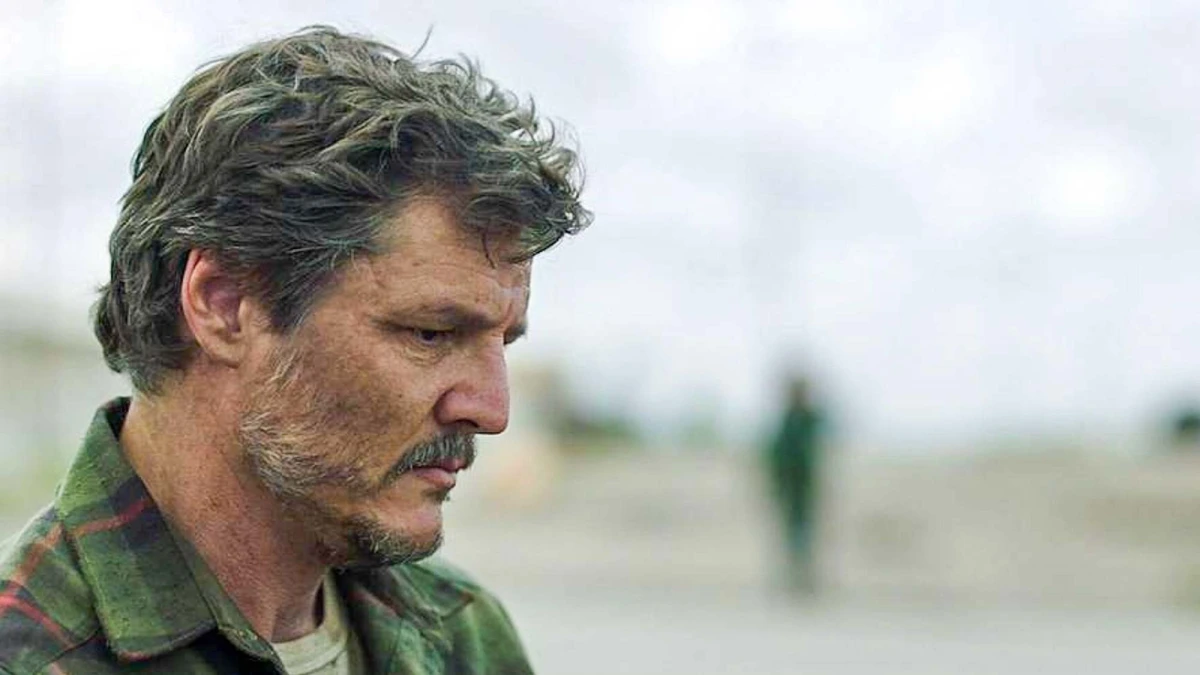At the end of HBO’s The Last of Us, Joel makes a terrible choice. After finding out that the Fireflies have to kill Ellie in order to make a cure for Cordyceps, Joel rescues her, shooting everyone in the hospital and ending humanity’s hopes for an end to the Cordyceps pandemic. Then he takes Ellie back to Jackson, telling her that the Fireflies simply gave up on finding a cure.
If that ending felt a bit unsatisfying to you, though, it may have been because one crucial plot point was so rushed that it ended up not making any sense.
Why Joel’s killing spree is so confusing
When Joel wakes up in the hospital, Marlene explains Ellie’s immunity to him: the Cordyceps in her brain releases a chemical messenger that tricks other Cordyceps into thinking that she’s already completely infected. If the Fireflies can replicate that chemical messenger, then they can use it to create a cure.
Both Marlene and Joel immediately understand that in order to take a sample of that chemical, though, the doctors will have to operate on Ellie’s brain, killing her.
Except … why, though?
It’s not at all clear why taking a sample from Ellie would be a death sentence. Is the chemical messenger not in her bloodstream? After all, the new infection seems to stop halfway up her arm, instead of filling her whole body like other infections. Even if the messenger is only in her brain, can they not just take a small sample of it? Granted, grimy post-apocalyptic hospitals aren’t the safest places to have brain surgery, but I needed to understand more clearly why the only solution was to kill her—especially since the Fireflies would be robbing themselves of the opportunity to take more live samples in the future. Ellie is their golden goose, so why are they so eager to destroy her?
That choice could have been 100% believable if the show had just spent a little more time on it. I wanted to see more of Joel’s slow realization of the drastic, irreversible step the Fireflies were prepared to take. I wanted to really understand what a disturbing, impossible choice the surgery was for everyone involved. A tiny bit more science would have been nice, just to make it more plausible. Instead, the show hurried straight to Joel’s killing spree.
The ending is a little more satisfying in the game, for a couple of reasons. First, Marlene explains that they need to take a sample of the Cordyceps itself, which makes it a little more plausible that they’d need to open up Ellie’s head to get at it. Second, when you get to the operating room, you realize that the only course of action the narrative will allow is shooting the doctors. You’re complicit in Joel’s actions; you’re the monster, too. You have to make the agonizing choice to doom all of humankind in order to save Ellie. In the series, though, when we passively watch that sequence instead of playing it, it just feels rushed.
Overall, The Last of Us had a fantastic first season, and I can’t wait for season 2. I just wish they’d slowed down a little in the finale’s crucial moments—especially since it was the shortest episode in the season—so that we could really feel the weight of Joel’s choice.
(featured image: HBO Max)










Published: Mar 13, 2023 03:09 pm